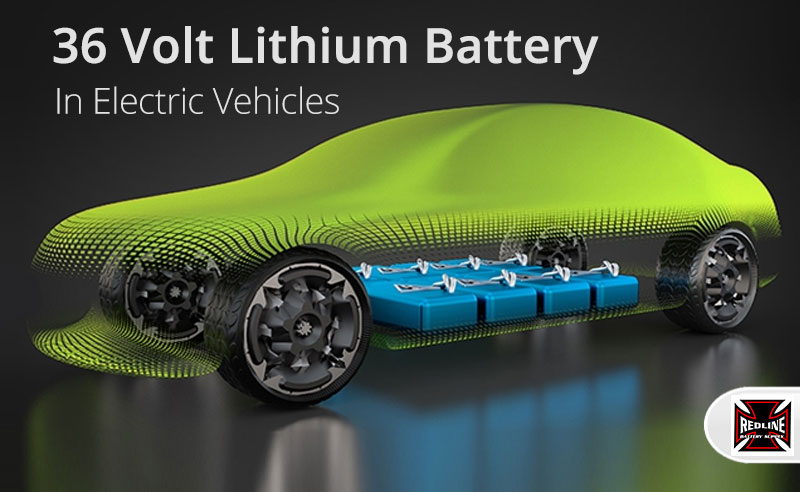
Overview:
Electric vehicles (EVs) have rapidly gained popularity as a sustainable and efficient alternative to traditional gasoline-powered cars. A key factor driving their performance is the type of battery used. One notable option is the 36-volt lithium battery, which offers several advantages over older battery technologies, such as lead-acid or nickel-cadmium. This article will explore how a 36-volt lithium battery improves performance in electric vehicles in terms of power output, efficiency, longevity, and environmental impact.
1. Higher Energy Density and Power Output
Lithium-ion batteries, including the 36-volt variant, are known for their high energy density. Energy density refers to the amount of energy a battery can store relative to its size and weight. A higher energy density means more power is available to the vehicle, enabling it to accelerate faster, handle steeper inclines, and maintain higher speeds for longer periods. This makes 36-volt lithium batteries especially beneficial for EVs that require quick bursts of power, such as electric scooters, small electric cars, and golf carts. The improved power output also allows for better overall vehicle performance, offering a more responsive and enjoyable driving experience.
2. Enhanced Efficiency and Range
Efficiency is crucial for EVs, as it determines how much energy from the battery is actually used to power the vehicle. A 36-volt lithium battery typically offers much better efficiency compared to traditional lead-acid batteries. This is because lithium batteries have a lower internal resistance, which reduces energy loss during charging and discharging cycles. As a result, more of the stored energy is utilized to propel the vehicle, improving the overall range. This increased efficiency also translates to fewer charging cycles, allowing the vehicle to travel longer distances on a single charge, a critical factor for reducing "range anxiety" in EV users.
3. Longer Battery Life and Durability
Lithium-ion batteries, including 36-volt models, have a significantly longer lifespan compared to other battery types. They are designed to withstand a higher number of charge and discharge cycles without losing capacity. This durability means EV owners can enjoy a reliable battery for many years, reducing the need for costly replacements. Additionally, 36-volt lithium batteries are less prone to the degradation that plagues older technologies, like lead-acid batteries, which often lose performance over time.
4. Reduced Weight and Environmental Impact
Another important advantage of 36-volt lithium batteries is their lighter weight. Lithium-ion technology allows for a more compact and lightweight design compared to lead-acid counterparts. This reduction in weight helps improve vehicle efficiency, as a lighter EV consumes less energy to move. Moreover, lithium-ion batteries are more environmentally friendly, as they contain fewer toxic materials and are easier to recycle. This reduces the environmental footprint of EV production and disposal.
Conclusion
In summary, a 36-volt lithium battery significantly enhances electric vehicle performance by offering higher energy density, improved efficiency, extended battery life, and reduced environmental impact. These benefits make it an ideal choice for modern EVs, contributing to better driving experiences, longer ranges, and a more sustainable future for transportation.
More News